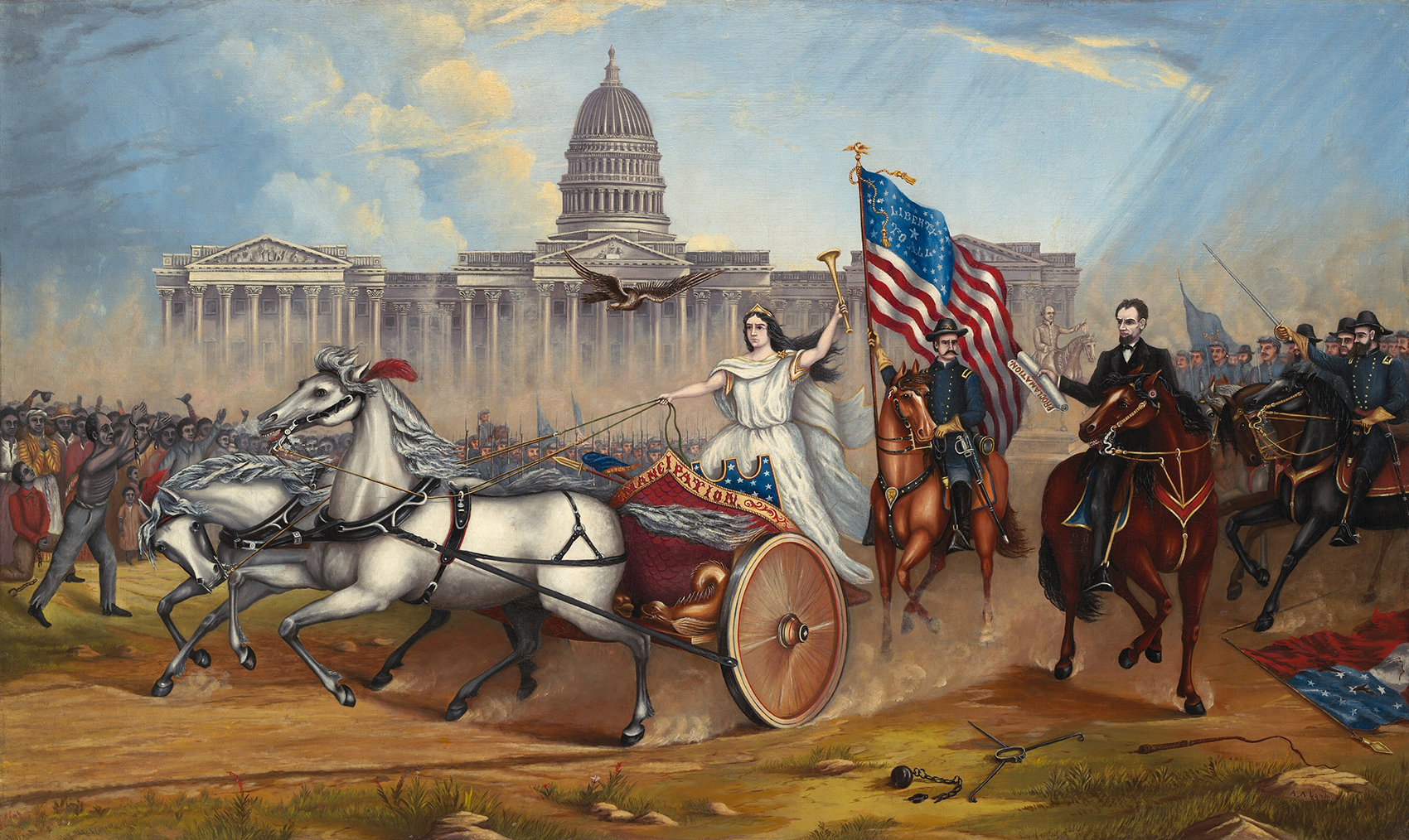Members of the Freedom Caucus in the U.S. House of Representatives have made it clear how strongly disappointed they would be if Speaker of the House Kevin McCarthy decides to avoid a government shutdown with support from House Democrats.
“It would be a sad day for the country if he does that,” said Rep. Ralph Norman, a prominent member of the ultraconservative House Freedom Caucus. “The only way I know to describe it: A sad day for America.”
While a fierce debate wages over what happens in a government shutdown, there are some givens. Federal workers will be furloughed or have to work without pay. Safety net programs including Supplemental Nutrition Assistance Program, Social Security and Medicare can be affected, even though benefits are supposed to continue.
Federal workers and poor people will be the most directly affected by a government shutdown. This would be a sad day for people going without pay and those living from meal to meal.
“Federal workers and poor people will be the most directly affected by a government shutdown.”
In that light, Rep. Norman’s exaggeration of sadness feels superficial. It sounds more like Alexander in Judith Viorst’s Alexander and the Terrible, Horrible, No Good, Very Bad Day. Alexander thinks gum in his hair, tripping on his skateboard, dropping his sweater in the sink, no prize in his cereal box, Mom forgetting his dessert, being scrunched in the car on the way to school, lima beans for dinner makes for a sad day.
Norman is the political equivalent of Alexander. His descriptor: “A sad day for America” requires a more critical analysis.
His lack of depth in understanding the meaning of a “sad day” suggests not only historical blindness but a lack of appreciation for the pain involved in people suffering from real sadness.

“Emancipation Proclamation,” painting by A.A. Lamb, 1864 or after. National Gallery of Art.
A cursory look at American history brings to our memory shameful acts of sadness.
The dark, dastardly existence of slavery from 1619 until the Emancipation Proclamation by President Lincoln covers the African American story in the United States with a deep, long, stained sadness. Count this sadness in more than 140 years and countless bloodshed, whips on the back and total disregard for human life. That’s true sadness.
The Trail of Tears was a forced displacement of about 60,000 people of the Cherokee, Muscogee, Seminole, Chickasaw and Choctaw nations from their ancestral homelands. They were marched to a newly designated Indian Territory west of the Mississippi River after Congress and President Andrew Jackson enacted the Indian Removal Act of 1830. That’s true sadness.
People ripped from their homes and forced to move under armed guard brings to mind the mournful voice of an ancient Hebrew woman: “Call me no longer Naomi, call me Mara (bitterness).” The relocated peoples suffered from exposure, disease and starvation during the move. Thousands died from disease before reaching their destinations or shortly after. That’s true sadness.
The Civil War was five long years of sadness. From April 12, 1861, to May 26, 1865, Americans killed Americans. Based on 1860 census figures, 8% of all white men ages 13 to 43 died in the war, including 6% in the North and 18% in the South. About 56,000 soldiers died in prison camps during the war. An estimated 60,000 soldiers lost limbs. That’s true sadness.
The Lynching Era in our history extended from 1880 to 1940 and represents one of our nation’s saddest periods of time. Theologian James Cone, in his must-read work, The Cross and the Lynching Tree, says: “The lynching tree is the most potent symbol of the trouble nobody knows that Blacks have seen but do not talk about because the pain of remembering — visions of black bodies dangling from Southern trees, surrounded by jeering white mobs — is almost too excruciating to recall.” That’s true sadness.
Japanese internment camps were established during World War II by President Franklin D. Roosevelt through his Executive Order 9066. From 1942 to 1945, it was the policy of the U.S. government that people of Japanese descent, including U.S. citizens, would be incarcerated in isolated camps. The incarceration of Japanese Americans is considered one of the most atrocious violations of American civil rights in the 20th century. That’s true sadness.
During the Civil Rights movement in Mississippi, Jonathan Daniel, a student at the Episcopal Theological Seminary in Cambridge, Mass., and a Roman Catholic priest from Chicago were released from jail at Hayneville, Miss. On the day of their release, the men stopped at a small grocery store on the edge of town, and a special deputy named Thomas Coleman arrived as Daniel and the priest were leaving the store. He opened fire with a shotgun and Daniel and the priest were killed. That’s true sadness.
“Affluent, privileged members of Congress may count sadness in a day, but the people who suffer the most in this world count sadness in centuries, generations and decades.”
Now we can add to the sadness that covers our history, a group of care-less politicians insisting students of American history should not be taught about our national sadness. Florida has passed a piece of legislation designed to shield white people from feeling “discomfort” over actions of their race against others. The sadness of the cover-up magnifies the sadness of the atrocious actions.
No wonder a duly elected member of the House of Representatives now doesn’t understand the meaning of a sad day.
Rep. Norman has a warped sense of chronology. Affluent, privileged members of Congress may count sadness in a day, but the people who suffer the most in this world count sadness in centuries, generations and decades.
If we are going to count sad days, we need a better perspective, one more historical and more biblical. As Republicans and Democrats decide if they are going to bet the future of the nation on whether to shut down the federal government in a political squabble, I would implore them not to bet against the neighborhood, the poor, the widows, the orphans, the immigrants, the least of these.
Our problem is not sad days but the sad excuses of many of our political leaders. The lessons of history and Scripture suggest those who pontificate about “sad days” are often the propagators of days, years, decades, generations and centuries of sadness for others.

Rodney Kennedy
Rodney W. Kennedy is a pastor and writer in New York state. He is the author of 10 books, including his latest, Good and Evil in the Garden of Democracy.


